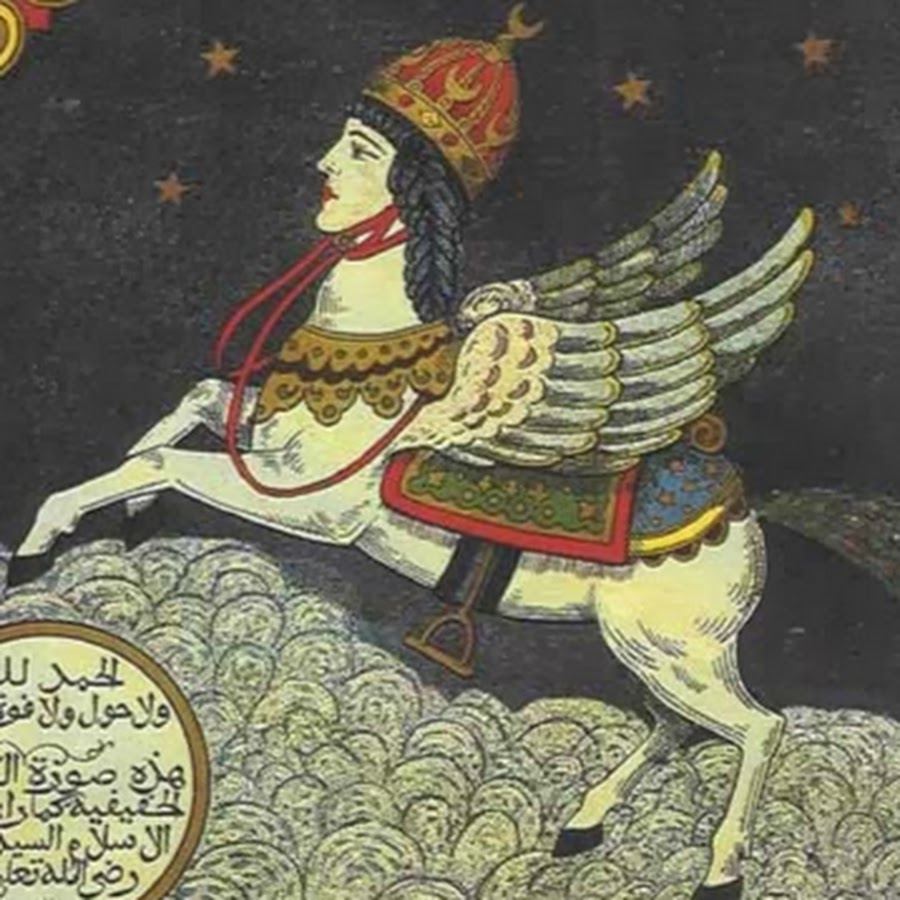
In his book The Qur’ān, the Bible and the Ancient East [1] Mondher Sfar sought to restore to the Qur’ān its chronological dimension and its place in history. Contrary to the classical historiography that sought to separate Arab society from its Eastern past, this book asks: “To what extent does the continuity between, on the one hand Mesopotamian Arab thought, and on the other hand Qur’ānic Old Testament thought constitute a surprising unity?”
BY JADOU JIBRIL
BY ADOPTING a comparative historical and anthropological approach, the author examines the most important Qur’ānic themes, including:
– An institution of government that is unimaginable without the ideology of war
– The Qur’ānic vision on the myth of the creation and end of the world
– Qur’ānic theology and the problem of polytheism (the attributes of God, angels, demons etc.)
– The institution and nature of Qur’ānic prophecy
– The treaty of subordination or the jurisprudential essence of religion
– The Mi‘rāj – the heavenly ascension attributed to Muḥammad
– The contribution of Manichaeism to the Qur’ān.
Mondher Sfar has frequently come up with some very bold conclusions. For example, after a philological investigation of the first verse of sūrat al-Isrā’:
Glorified be He Who carried His servant by night from the Sacred Mosque to the Al-Aqṣā mosque the neighbourhood whereof We have blessed, that We might show him of Our signs! Lo! He, only He, is the Hearer, the Seer.[2]
and by comparing it with biblical literature and examining the Islamic heritage he went on to say:
It was not the Prophet Muḥammad who had the distinction of choosing to make the Night Journey to the heavenly temple, but rather Abraham.
The position which he defended in the fourth chapter of the book, is that the Qur’ān, on a purely theological level,
is essentially a type of polytheism.
It seems that the scope of Mondher Sfar’s interest, specifically, did not go beyond trying to reconcile Islam with what the researcher called “its ancient Middle Eastern and Arab origins”, and was the at times dialectical tone of this reconciliation that made the theses he defended so provocative. On the other hand, research of this type presents a problem by the very ambitious nature of the task: it requires undertaking a comparison between vast fields of endeavour and having complete mastery of the religions of the ancient Near East, and of early Judaism (with the multifarious origins of its literature), Christianity (the New Testament), the Qur’ān, and the Islamic heritage.
The Qur’ān, on a purely theological level, is essentially a type of polytheism
But notwithstanding some shortcomings and some assertions that may be considered somewhat ‘caricatured’ in one form or another, his research endeavour is marked by courage and patience, given what it takes to subject the many texts of the Qur’ān and the Islamic heritage to the same historical-critical approach adopted a century ago in the interpretation of the Old and New Testaments.
This book is a treatise on religious anthropology, and in it Mondher Sfar sought to show the crucial importance of eastern religions and civilizations for understanding the great monotheistic religions in general and the foundational book of Islam – the Qur’ān – in particular. It represents, in fact, an application of historical criticism to the Qur’ān, after this approach had been applied to the Bible and the Torah.
The book The Other Qur’ān
This work calls into question the prevailing reading and understanding of Islam’s sacred text. It bases itself on determining the position of the Qur’ān – its actual position according to the author – regarding morality and justice, and on distinguishing between Good and Evil.
It starts from the question that arises with respect to any ideology and any holy book – and therefore the Qur’ān included – does this Qur’ān take the side of Good and the humane, or the side of Evil and the inhumane? Surprisingly the Qur’ān, as this book illustrates, provides a full answer to this ethical problem. But as the author acknowledges, we find that the direction taken by the answer it supplies is not one we have always hoped for.
Does this Qur’ān take the side of Good and the humane, or the side of Evil and the inhumane?
In conducting this investigation into this fundamental question of Good and Evil the author first asks himself about the nature of the divine as contained in the Qur’ān. The answer to this is made easy by the names of Allah that He has given to Himself.[3] Then comes the issue of the relationship – the agreement – that He maintained with Satan, with whom He agreed a treaty to act against humanity. We also discover the strange phenomenon of sending the majority of both humans and the jinn to Hell. In this understanding, Mondher Sfar says,
We discover to our astonishment that the God of the Qur’ān is endowed with an omnipotence at the expense of considerations of morality, justice or humanity. The God of the Qur’ān even displays the quality of arbitrariness, and considers this act right and just.
Hence, it follows that the drama our world is experiencing today stems not from a conflict between civilizations, cultures or religions. It is all about morality and how we view life and humankind.
The book also deals with well-known stories according to the Qur’ānic versions, hence the Text’s connection to history and to mythology.

Suggested Reading
From a methodological point of view, Mondher Sfar belongs to the school of religious anthropology. In his attempt to understand Eastern man he seeks to draw on recent archaeological discoveries as well as the humanities and social sciences. In our opinion, to insist on the importance of such a scientific project is not without its usefulness. However, a number of critics have argued that Mondher Sfar expresses himself more as an activist and a political exile than a man of science. This is sometimes starkly reflected in his writings, which generally reduces the purely scientific value of the research.
(Mondher Sfar was born in 1950 in Tunisia, and was exiled to France in 1974 as an opponent to the regime of the Tunisian dictator Zine El Abidine Ben Ali. He is a Tunisian thinker who has been interested in the problem of the Qur’ān ever since the 1980s).
But by way of conclusion it can be said that Mondher Sfar sought to prove that there is a real problem related to the Islamic concept of prophethood, one that is limited to the person of the Prophet Muḥammad. The author expresses this problem in the following question:
Did God run a risk of causing an eclipse by announcing the closure of the chain of prophets and the cessation of heaven’s guidance for mankind?
[1] This book may be downloaded from the Almuslih Library here.
[2] Qur’ān XVII (al-Isrā’), 1.
[3] The traditional list of the ‘99 beautiful names of Allah’ include some distinctly negative features, such as المنتقم The Avenger, القهار The Conqueror, الخافض The Abaser, المتكبر The Boaster, المذل The Humiliator, المميت The Bringer of Death, الواجد The Angry and الضار The Harmer. These are believed to be all taken from the Qur’ān, although all but the first two are simply names that are deduced from the content of a Qur’ānic verse. (Ed)
Read Part One of this essay

